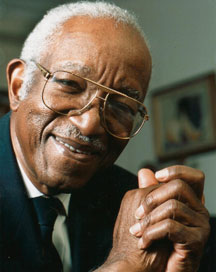Justin Co Writes:
JHF’s experiences throughout his life are remarkable. It is impressive that he was able to make such an impact in so many places in the world. He lectured throughout Europe and taught them about the problems that many Americans were facing, especially African Americans. Also, one can see how involved he was with his family. An example would be his year of lecturing in Europe because he made sure to schedule the trip when Aurelia and Whit would be able to get the most out of the experience. While their his son was able to begin learning French and they both believe that it was the start for his involvement in international affairs and learning several languages.
It was interesting to learn about the time he spent in Australia and the treatment that he received there. He was unaccustomed to be treated like the rest of a nation and it pleased him. I was shocked that he did not move his family to Australia or Hawaii after his visits there. It proves his determination to better African American lives in America by being where the problems were. In addition, it should his gratitude to Brooklyn College for giving him the department head position when other institutions were reluctant to.
It was his time in Africa that caught me off guard. I was not expecting him to feel so connected with the African culture because of the fact that he was born in America and that was the culture he grew up with. Yet because of the extensive research that he had done on African American history, it all connected for him. Also, it was a surprise that he was able to acquire the piece of art that he did while there because the artist was reluctant to part with it yet by making a deal with the man he was able to purchase his most prized piece of art.
